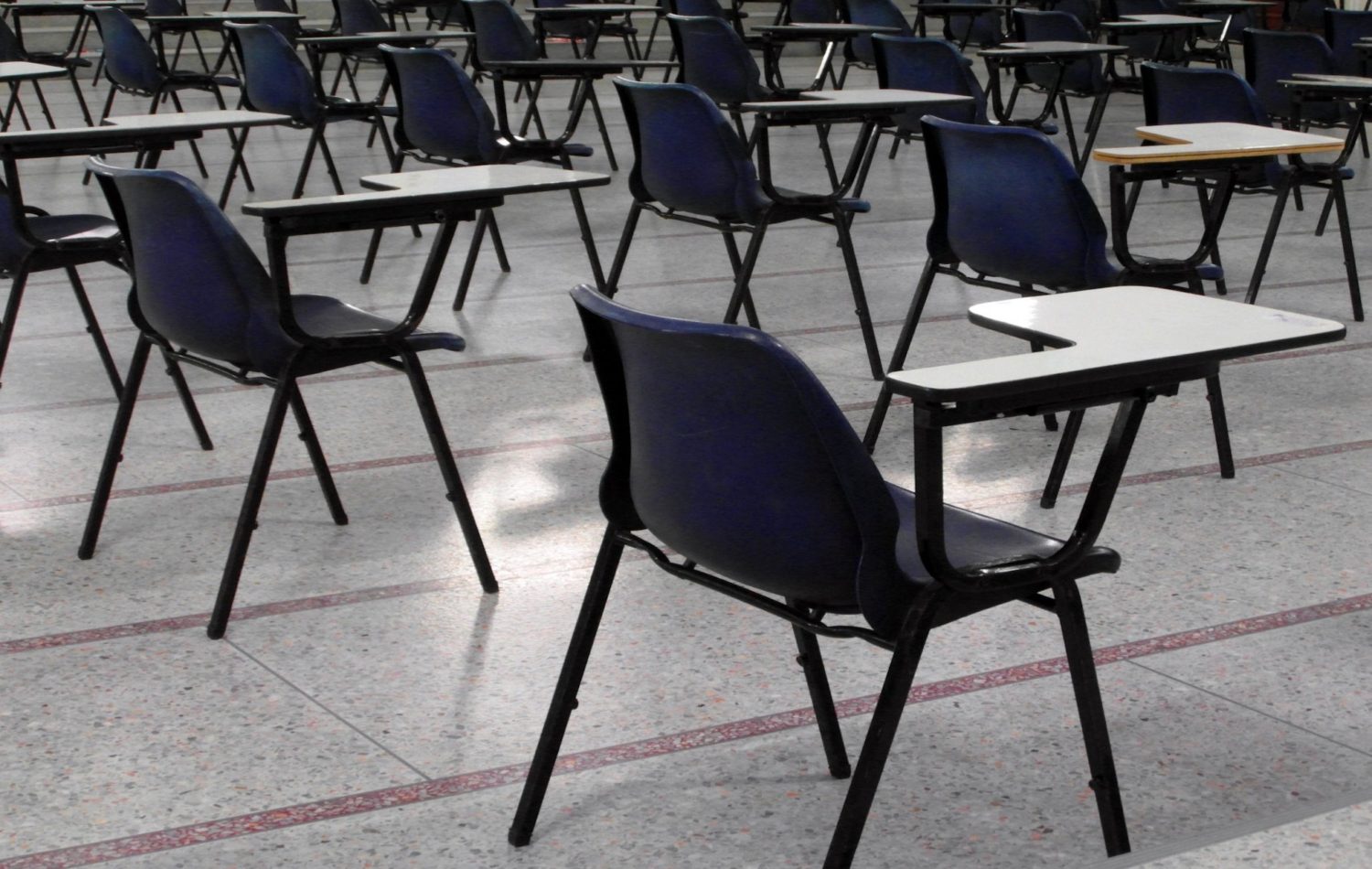Re-examining the system
The left must use the results debacle to push for meaningful and positive reform in education, argues Gary Hammonds.
The latest development in the exam results fiasco is an Ofqual announcement that the grades recommended for pupils by their schools and colleges are to be awarded without moderation. This followed days of confusion and upset for students who had received A-Level grades – a process that many criticised for unduly benefiting well-off children and young people, relative to disadvantaged students.
But that criticism misses the point. The statistical model the government used to calculate grades was explicitly designed to replicate historical outcomes. Whilst much about this year has been unique, the fact that poorer children received worse exam certificates than their wealthier peers is, sadly, completely ordinary.
Rather than focusing on the exact algorithm that was used to replicate unjust and unequal outcomes, we should instead be looking further in to the injustices and inequalities. Hopefully, this year’s processes will not need repeating. Hopefully, the next cohort of learners will complete their studies, free from the disruptions of coronavirus. Hopefully, we can channel our collective frustrations into the construction of a system which does not use exams as a filtering mechanism to close doors on working-class and disadvantaged learners.
The current education system is grossly unjust. The strongest determinant of a child’s educational success is parental income. Examinations are a huge part of this process. At the level of the individual, they are supposed to note and reward knowledge, skills and understanding. At the level of the institution, exam results are supposed to be indicators of leadership quality and teacher effectiveness. The huge faith in the ability of exams to perform these roles is almost entirely misplaced.
The Higher Education Policy Institute last year calculated that one in four grades awarded at GCSE and A-Level were wrong, insofar as they would not have received the same grade if the script had been marked by a senior examiner. The rightness or wrongness of the awarding of arbitrary grades is not really the point; the inconsistency is the point. At the level of the individual student, subjective, criterion-referenced marking is so unreliable that we need to seriously consider the system’s utility for determining progression from school to college, or college to university and career. Potentially, developments such as the introduction of comparative judgement to the assessment process can improve the reliability and accuracy of terminal assessment to the point that it becomes properly useful as a source of information about an individual’s mastery of a subject, and their potential. But even then, there would be concerns: if we are to continue to use examination results as passports to future opportunity, and we continue to refuse to contextualise these results along the lines of determining characteristics like length and severity of financial disadvantage, then we will continue to see unequal outcomes like those which have caused such upset this year.
Reducing child poverty is the best long-term policy lever for improving educational outcomes. In the shorter term, we should create a level playing field for children by amending the exam system to contextualise results to allow for fair and equal progression from one stage to the next.
The other use to which exam results are put – the identification and judgement of school and teacher effectiveness – needs not reforming, but abandoning. League tables say nothing about school leadership; Progress 8 measures say nothing about teacher quality. All the government’s tools for governance-by-numbers are reductive to the point of redundancy, and all of them function better as proxies for the wealth of a school’s intake than they do as measures of what they actually claim to be measuring. League tables, headline performance measures and Ofsted judgements – all of these are improved most easily by changing the intake of a school so that disadvantaged families or children with individual needs are excluded. As long as the high-stakes system of accountability premised on these metrics persists, such families and children will continue to be excluded from ‘desirable’ schools. Indeed, for the middle-class commentariat, the desirability of schools seems often undeniably linked with the absence of such pupils.
The high-stakes accountability system, with exam results at its heart, drive the workload crisis, the wellbeing crisis, and – in turn – the recruitment crisis and the retention crisis. With so many crises all resulting from the same cause, we should harness this year’s uniquely critical eye and push for some meaningful and positive reforms. English schools have seen a decade of underfunding. Under the guise of austerity, wrap-around care and surrounding services have also been decimated. At the same time, families have increasingly struggled and the number of children in poverty has risen. Schools have been forced to do more with less and the professionals working in the sector have risen to the challenge admirably. It is only right that they are now finally being shown some level of professional trust. That trust should be extended into the future. An increasingly reliable system of exams that capture and reward individual potential should be pursued, but entirely decoupled from the processes of school monitoring and accountability.
Image credit: CCO Public Domain

